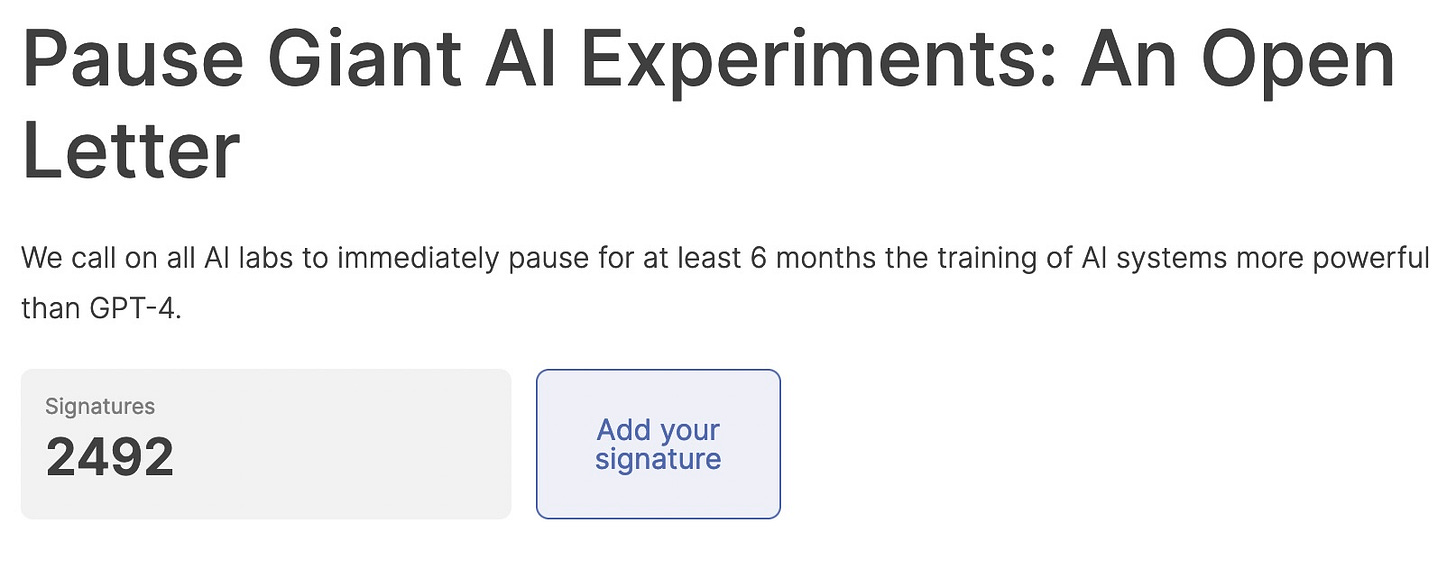Future Shock Redux
Embrace change
My perception of technological change started when I saw James Bond check his red LED watch to shut off an alarm. This was the beginning of the digital age. Before Wozniak and Jobs. It was the start of the digital revolution.
When I entered high school we still had classes in how to use a slide rule and typewriter. But, not only did I have my own LCD watch from Casio, it was a calculator.
The book of the day was Future Shock by “futurist,” Alvin Toffler. Future shock was a concept first articulated by Neil Postman in 1963. He was a nihilist who faught against personal computers in the classroom. He even objected to cruise control in cars.
Toffler and his wife, Adelaide Farrell, used the concept of future shock for their book of the same name. The argument was that fast technological change was inducing societal anxiety. I thought the whole idea was ridiculous because I was young.
There are signs that people are feeling the anxiety of rapid technological change this week. Even Elon Musk, the architect of two of the most impactful changes in history—commercial rockets, and electric cars—signed a petition to halt the training of large language models like those of OpenAI and Google. The petition, published by the Future of Life think tank, has 2,492 signatories as of this writing. Even the Woz signed it.
This is future shock all over again.
Yes, rapid technological change comes in waves and can induce feelings of being overwhelmed. As you get older you tend to get better at seeing the downside to change and lose sight of the upside. Here is how I fight future shock:
-Learning. Dive into the change. Read about the underlying technology. I have friends who have been working with large language models for decades. They are not shocked by ChatGPT because they understand it.
-Think about history to gain perspective. The printing press, steam power, internal combustion, the telegraph, telephone, television, and internet all caused massive societal change. There are always good and bad repercussions. No one ever succeeded in slowing the change.
-Fight the FOMO by relaxing. Yes, everybody is talking about AI. Yes, it is going to have an outsize impact on our lives. But focus on what you are doing and keep on keeping on. If LLM can help you, use it. You don’t have to drop everything to pivot to being an AI expert, just as you did not have to switch majors to computer science when the Apple computer showed up on your desktop.
-Don’t be Italy, which banned ChatGPT this week. The BBC reports “The Italian data-protection authority said there were privacy concerns relating to the model, which was created by US start-up OpenAI and is backed by Microsoft. The regulator said it would ban and investigate OpenAI "with immediate effect".
I am excited by technological change. It can’t come fast enough for me. I am going to take a ride in a self driving taxi later this month when I visit San Francisco (made possible by Elon Musk pushing the AI envelope.) If I can afford it, I am going to book a trip to the Moon when commercial flights start. Care to join me?
This article was written without the assistance of ChatGPT or any other LLM.
PS
This week I received a contract from a major publisher that has a new clause in it.
“If any material contained in the Work is the output of the Author’s use of artificial intelligence (the “AI Material”), the Author will inform and identify the AI Material to the Publisher. In addition, the Author will provide the name of the service that generated the AI Material (the “AI Service”), as well as any other information concerning the AI Material that is requested by the Publisher.”
The future is here already.



